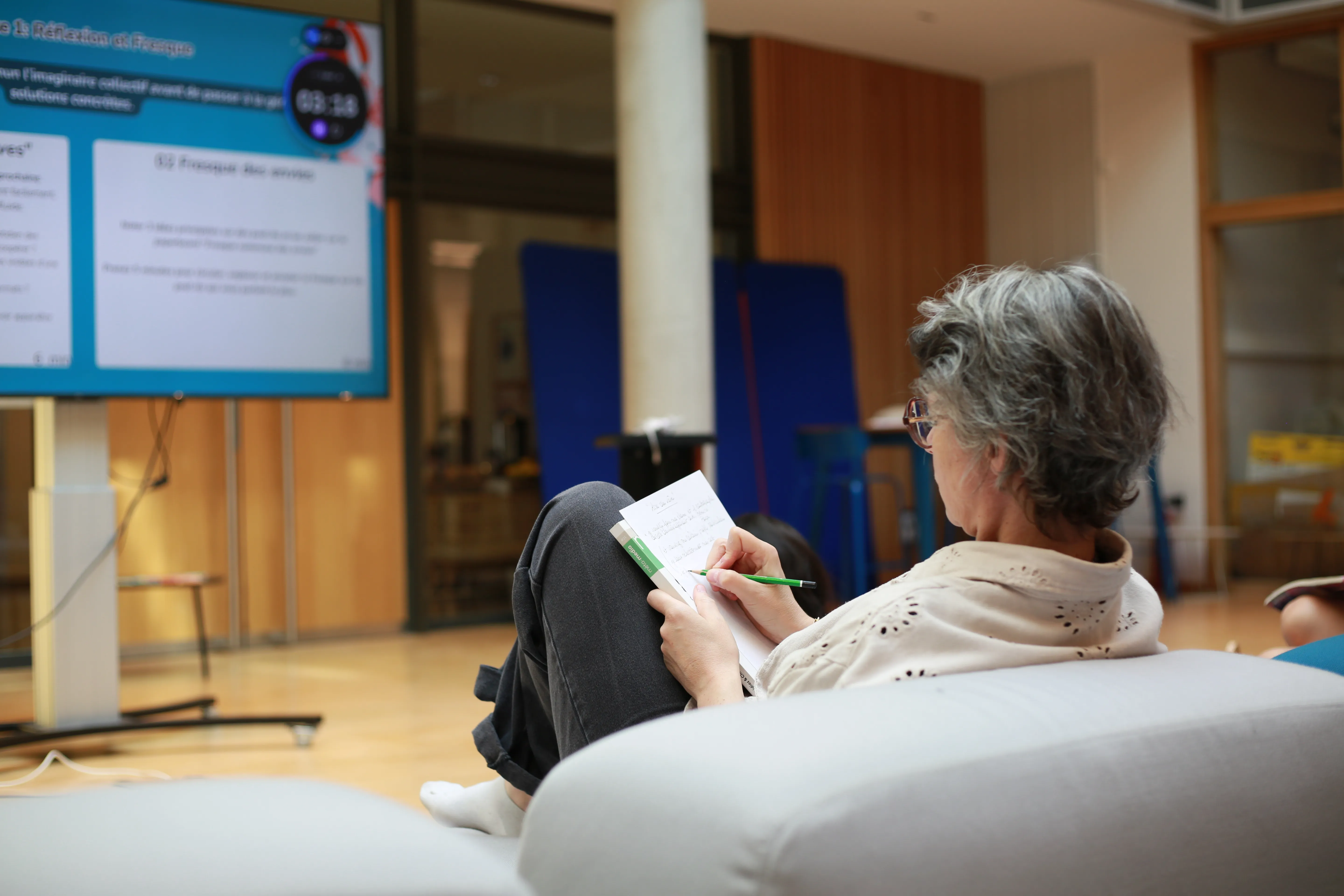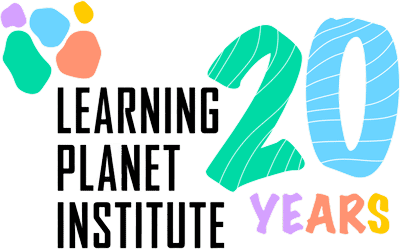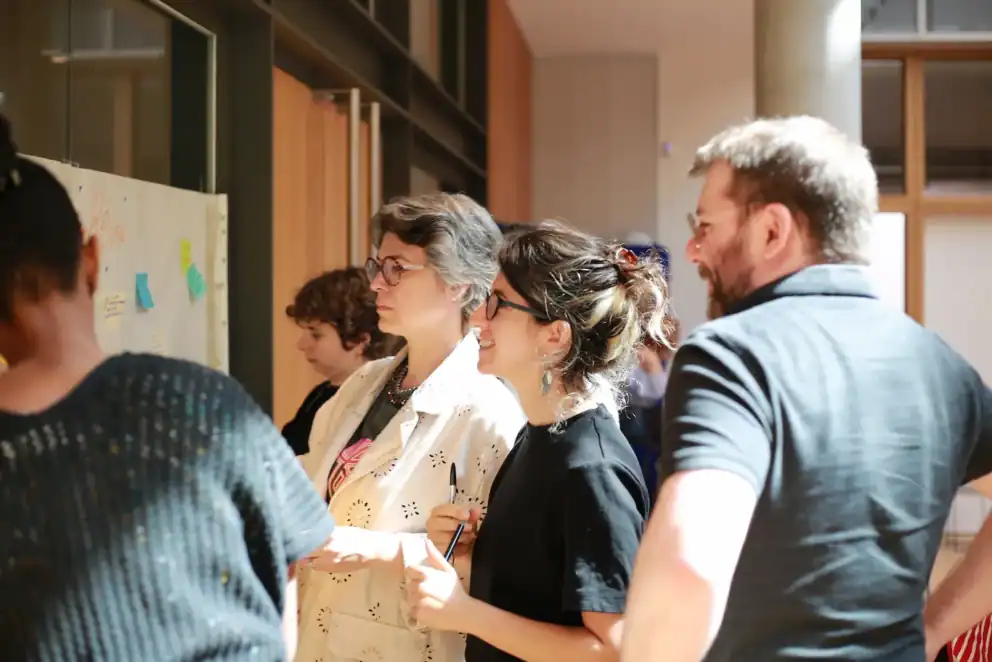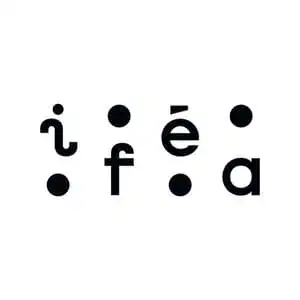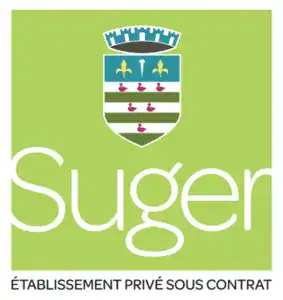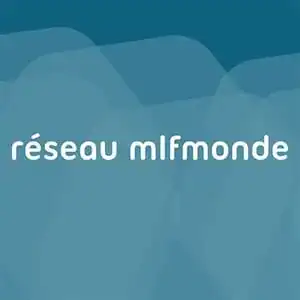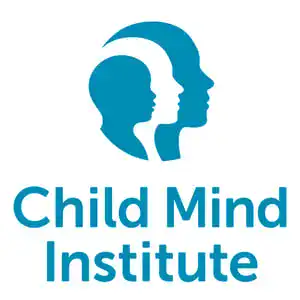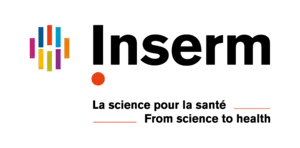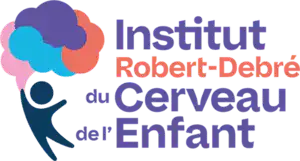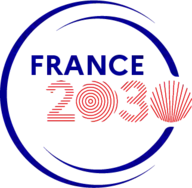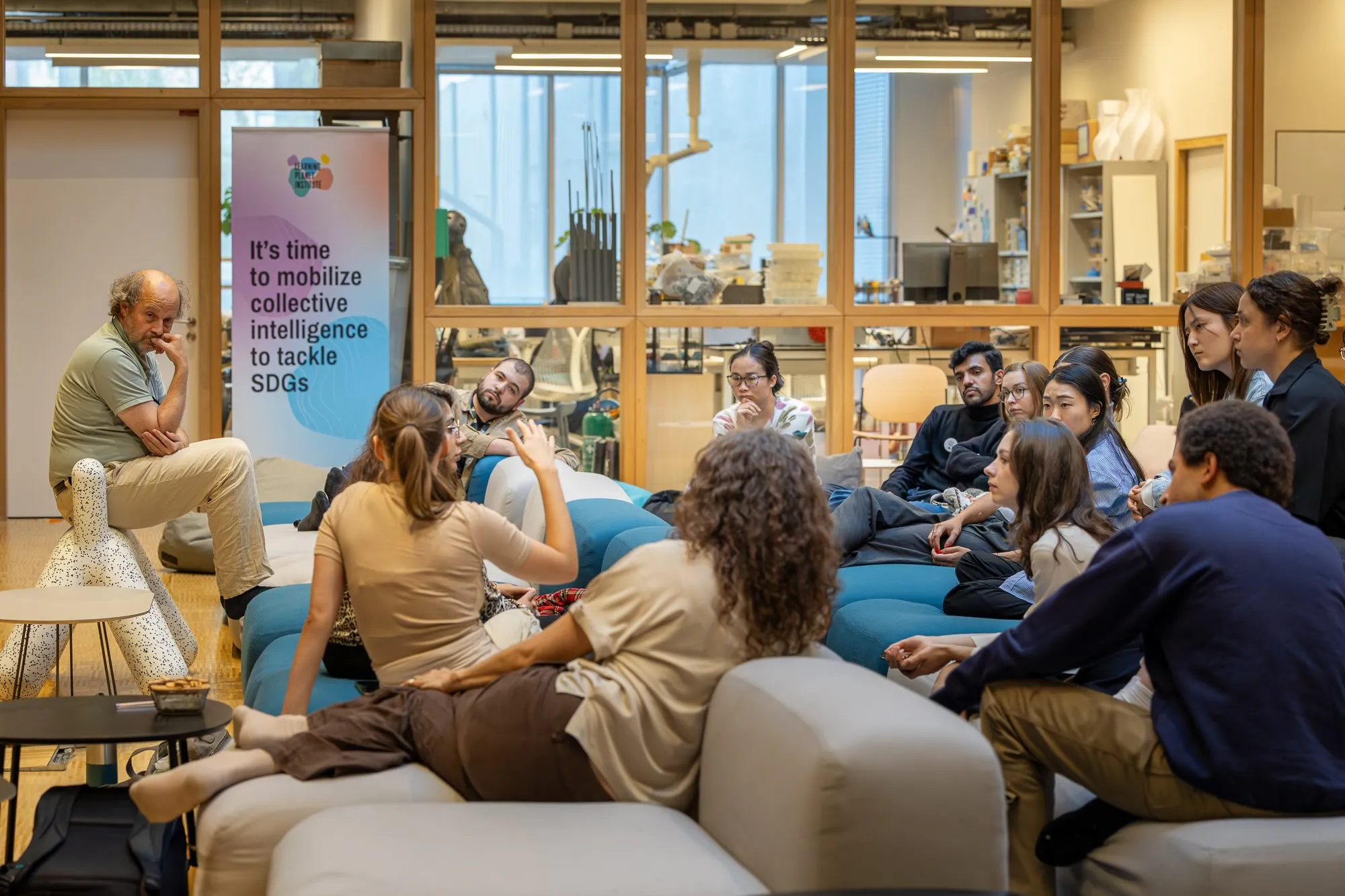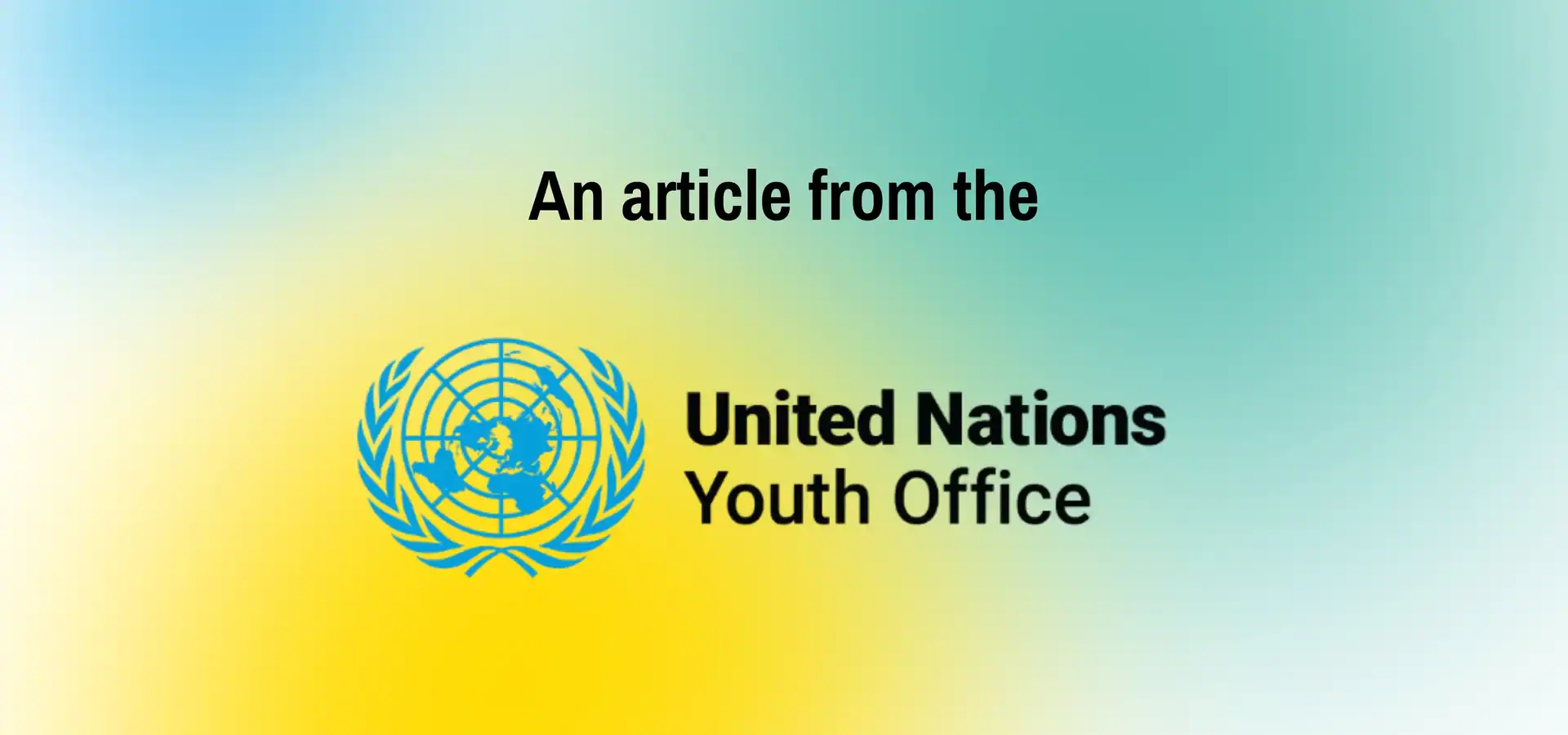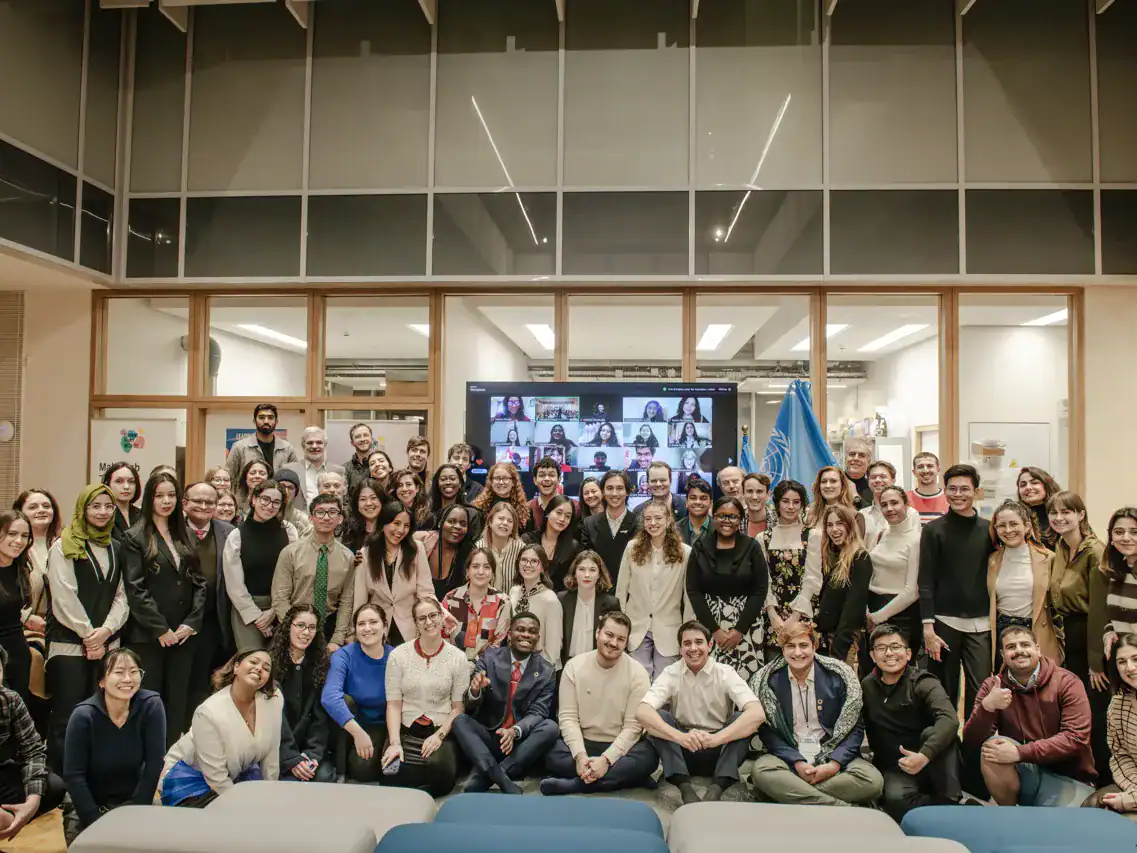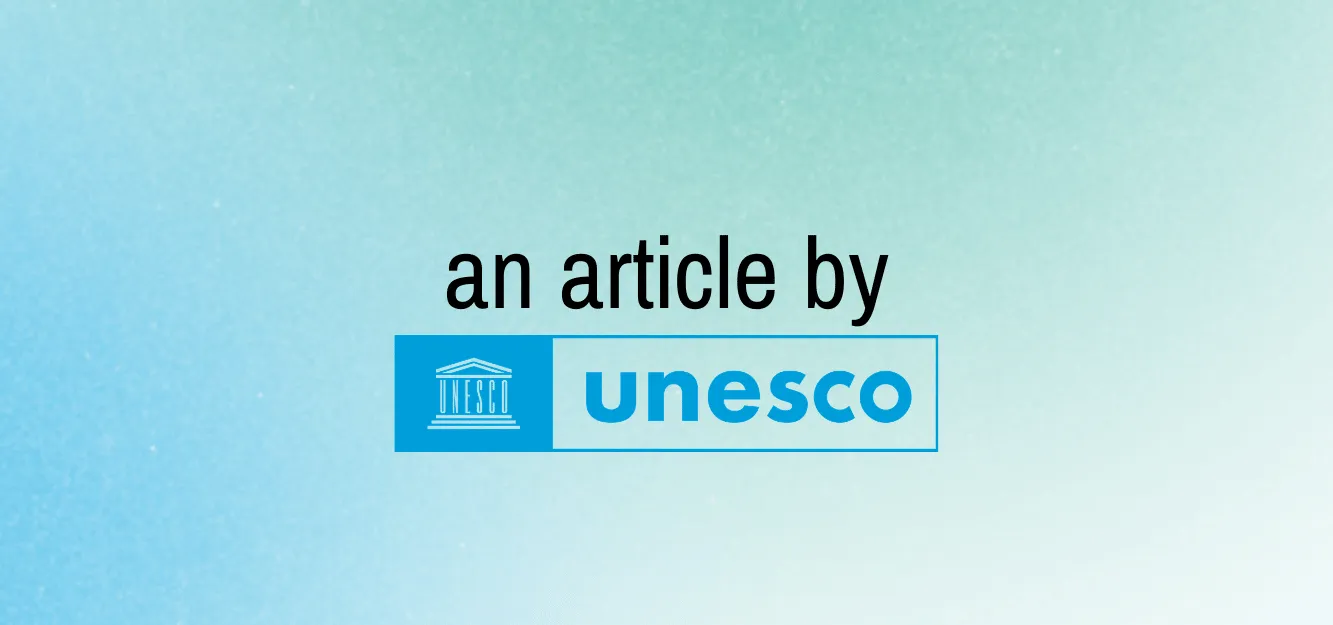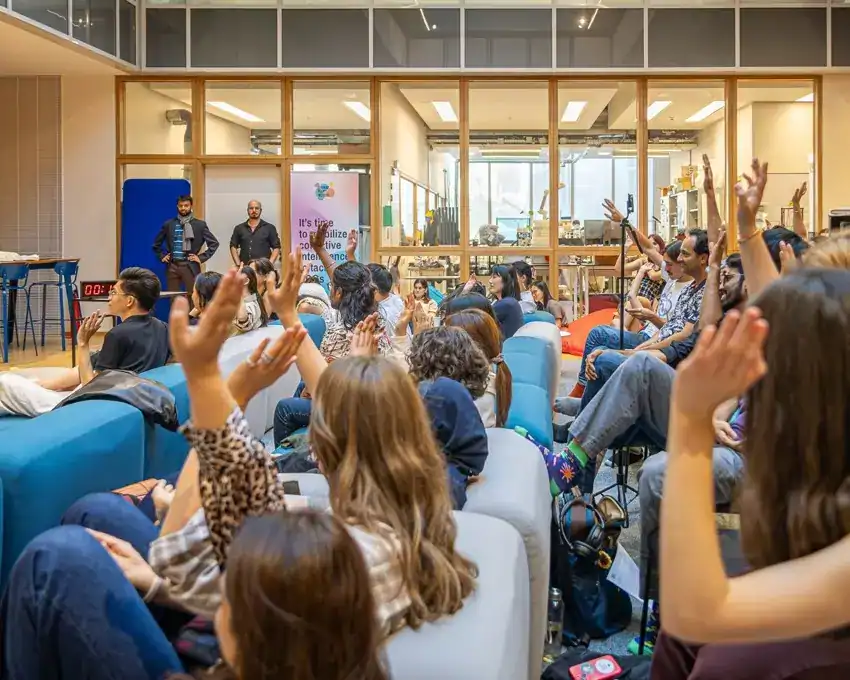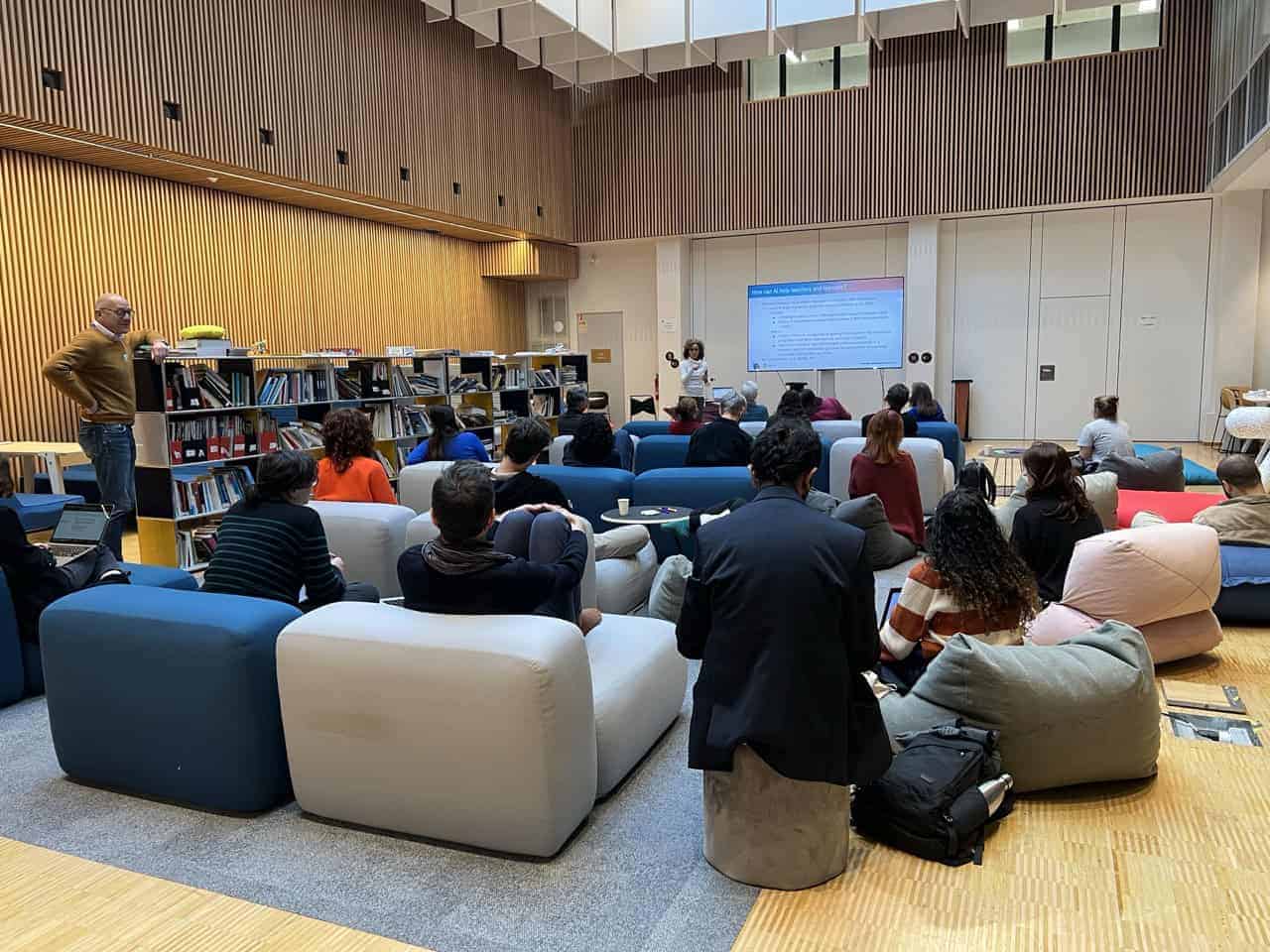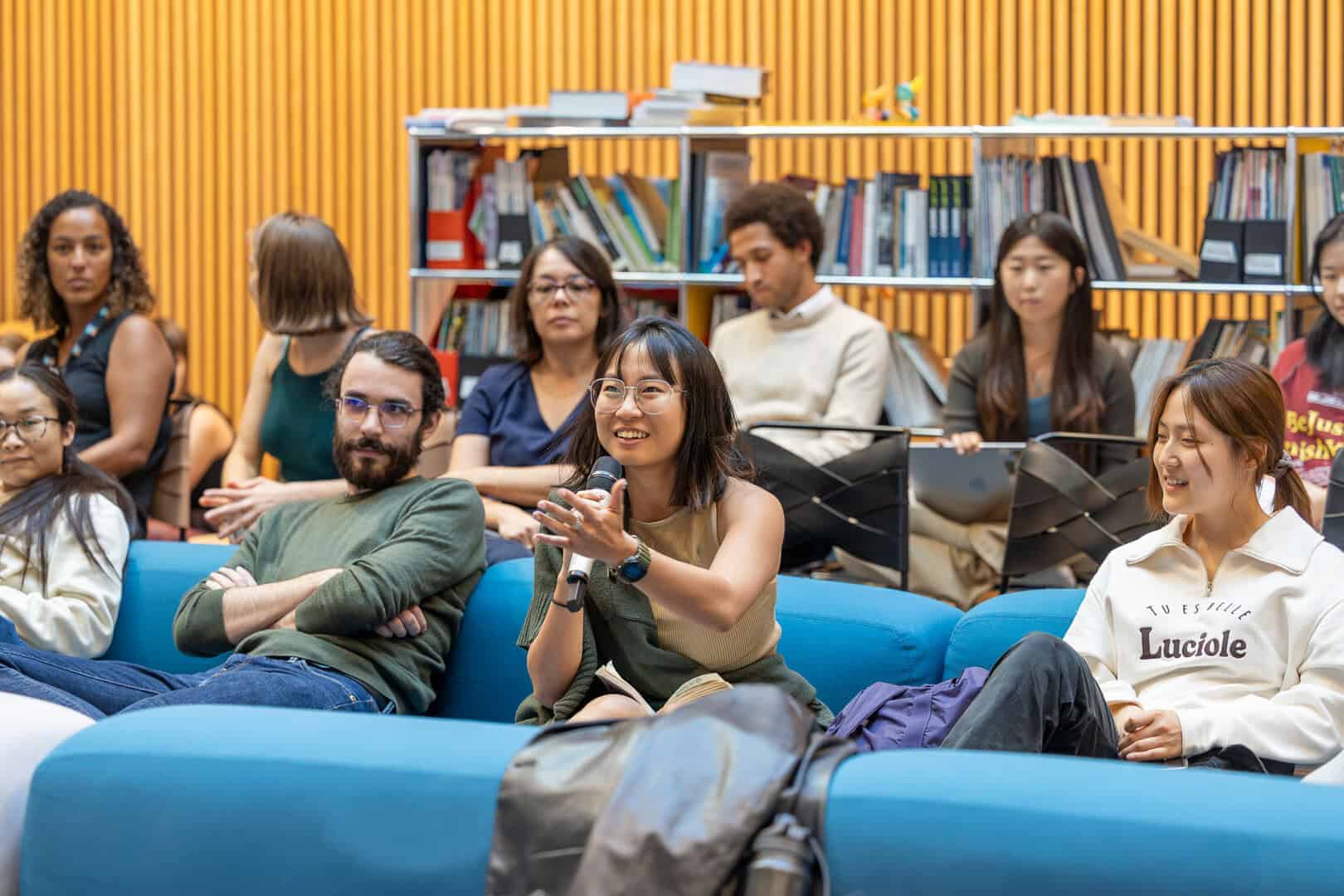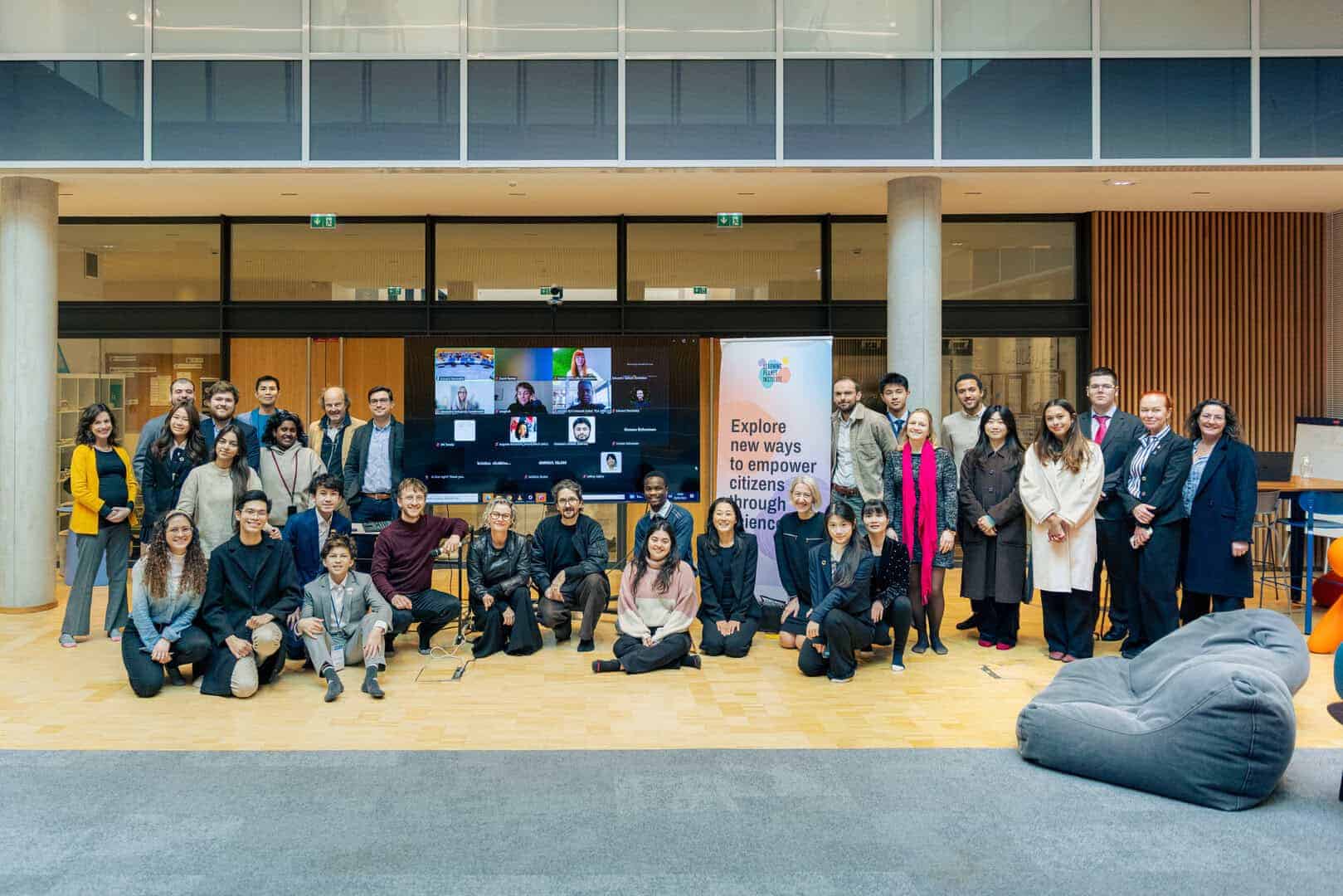The LISA action-research project aims to foster students’ personal development and, in doing so, positively impact wellbeing, school climate and learning outcomes.
Through a collaborative and interdisciplinary approach, LISA supports more precise identification of students’ strengths and needs, deepens understanding of their behaviours, and promotes collaboration among members of the education community to better support them.
The project is designed to support all teachers and education professionals by addressing a key daily challenge: managing classroom diversity and fostering inclusion.
Winner of the Appel à Manifestation d'Intérêt pour l'Innovation dans la forme scolaire 2023 launched by the French State, LISA France 2030 is an action research and implementation project of Learning, Integration, Support and Awareness (LISA), an interdisciplinary and international project, initiated in 2020 and stemming from scientific research conducted by the Learning Planet Institute (Ariel B. Lindner, co-founder) and iféa (Elie Rotenberg, alumnus and trustee of the Learning Planet Institute, co-founder of iféa), in collaboration with the Child Mind Institute, the Inserm and the Institut Robert Debré du Cerveau de l'Enfant (IHU ICE).
The consortium
Developed through a multi-stakeholder and expert co-construction process — involving public decision-makers, health professionals, researchers, teachers and education practitioners, students, families and associations — the project is led by a consortium coordinated by iféa and brings together three major actors in French education and research: Suger Secondary School, the Learning Planet Institute and the Mission laïque française.
LISA France 2030 also relies on an Ethics and Scientific Committee, made up of leading French and international experts in child and adolescent wellbeing and mental health. Chaired by Research Director Ariel Lindner and Professor Bennett L. Leventhal, the committee brings together recognised experts in the field of young people’s mental health and wellbeing.
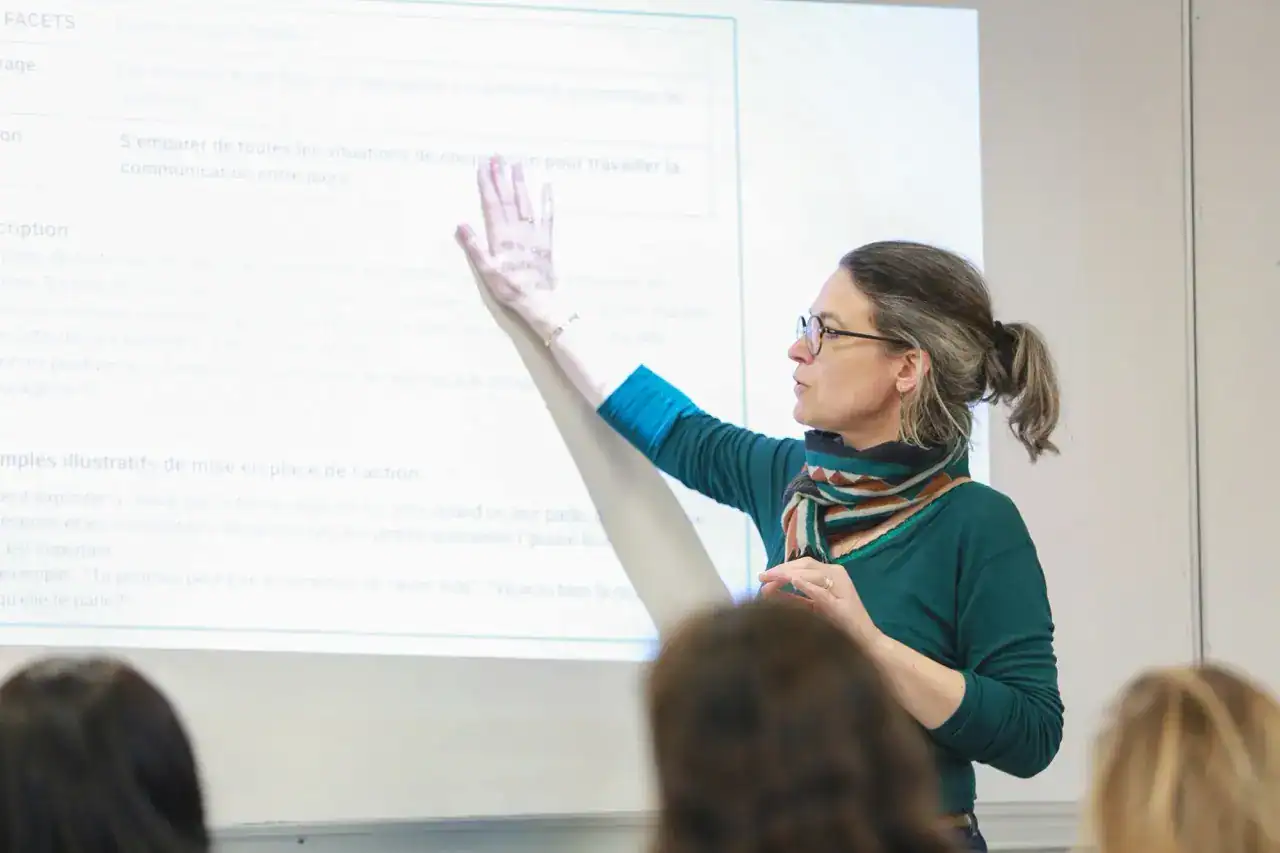
LISA France 2030 is a laureate of the 2023 Call for Expressions of Interest – Innovation in School Models (Appel à Manifestation d’Intérêt pour l’Innovation dans la forme scolaire 2023) launched by the French State.
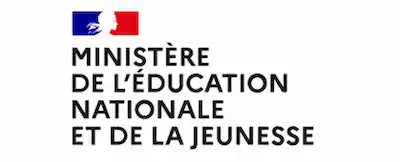
This initiative is supported by the French State as part of the France 2030 “Innovation in School Models” programme, operated by the Caisse des Dépôts.
Testimonials
Our webinars
Led by experts, our webinars offer practical guidance on how to better support children — both at school and at home — and how to foster a healthy, inclusive learning environment.
Each video explores a specific theme, such as learning differences, the role of school experiences in student wellbeing, or the development of psychosocial skills in education.
